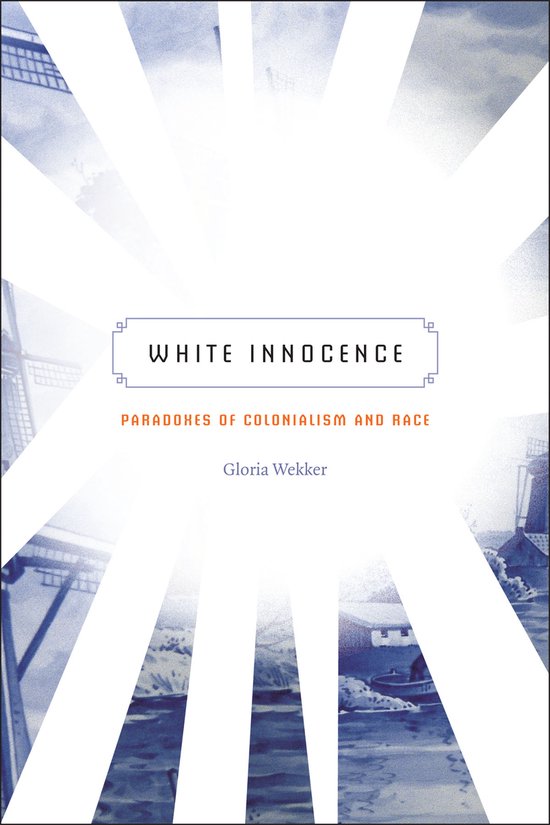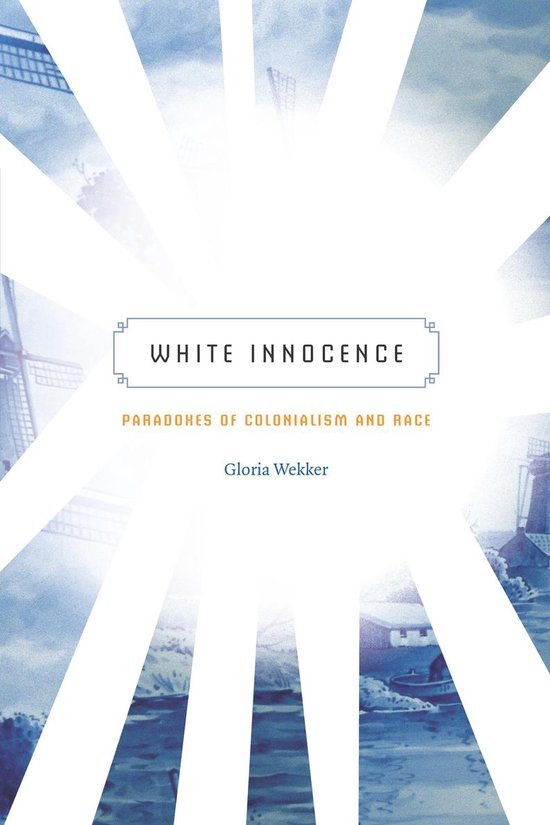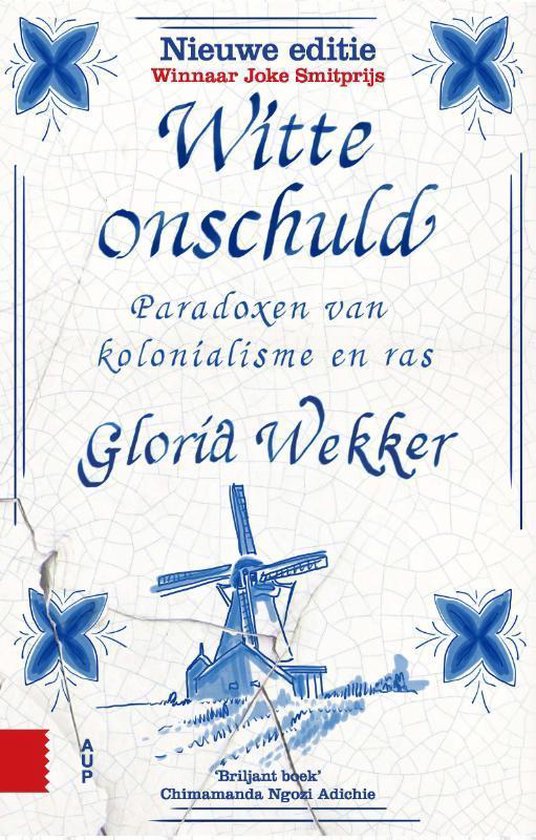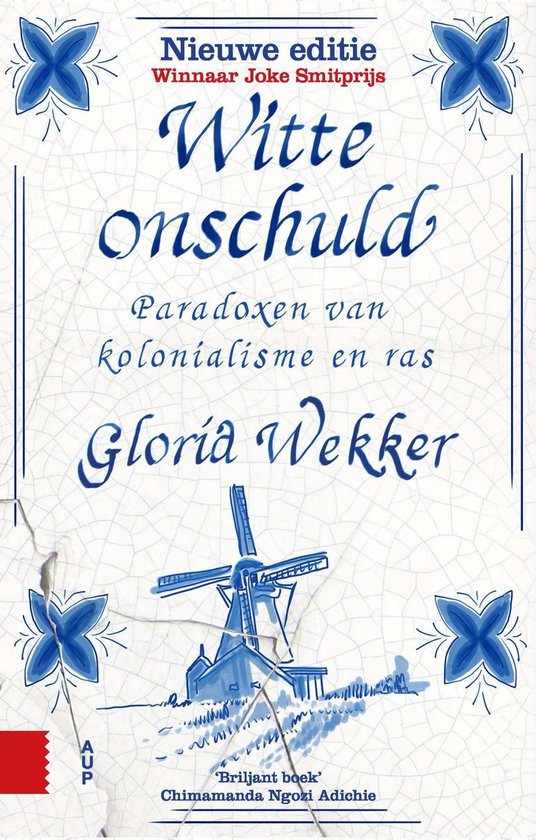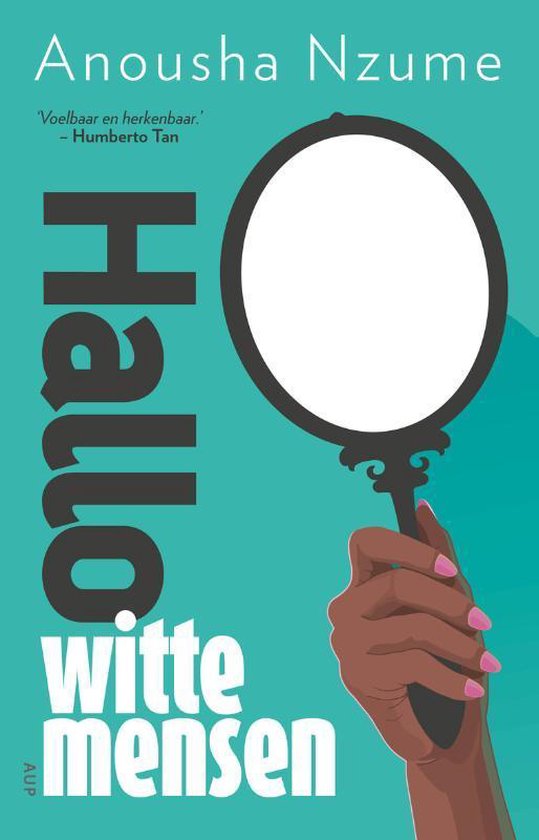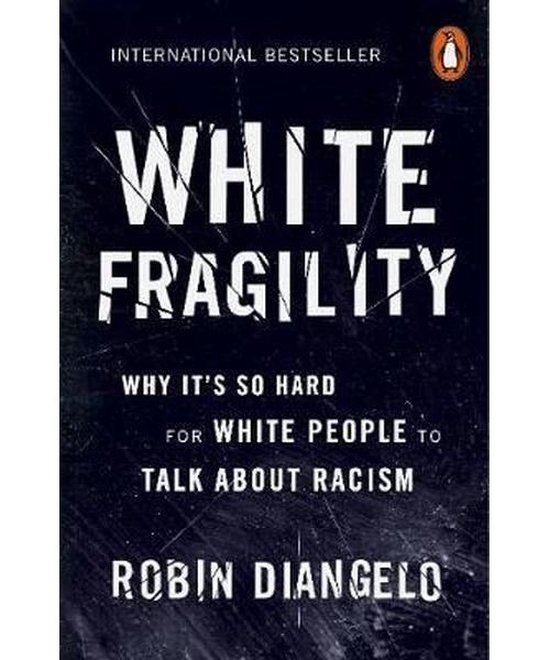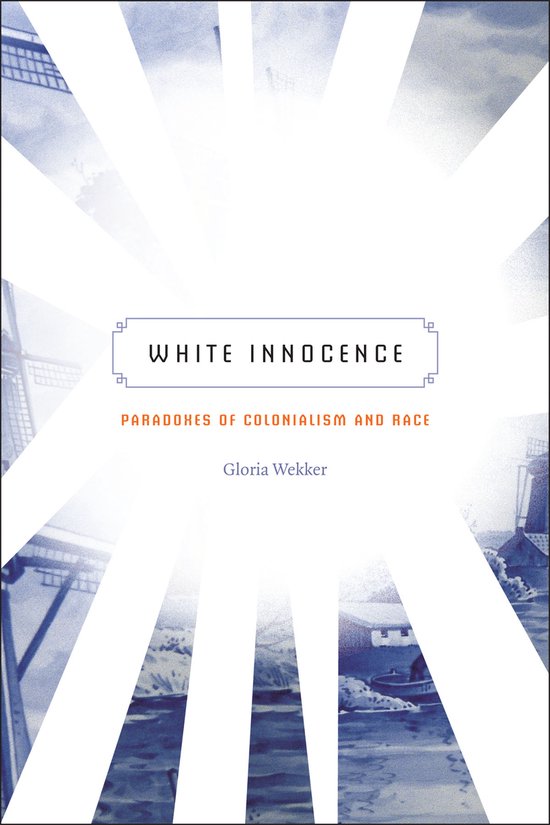
White Innocence
In White Innocence Gloria Wekker explores a central paradox of Dutch life—the passionate denial of racial discrimination and colonial violence coexisting alongside aggressive racism and xenophobia—to show how the narrative of Dutch racial exceptionalism elides the Netherland's colonial past and safeguards white privilege.
In White Innocence Gloria Wekker explores a central paradox of Dutch culture: the passionate denial of racial discrimination and colonial violence coexisting alongside aggressive racism and xenophobia. Accessing a cultural archive built over 400 years of Dutch colonial rule, Wekker fundamentally challenges Dutch racial exceptionalism by undermining the dominant narrative of the Netherlands as a "gentle" and "ethical" nation. Wekker analyzes the Dutch media's portrayal of black women and men, the failure to grasp race in the Dutch academy, contemporary conservative politics (including gay politicians espousing anti-immigrant rhetoric), and the controversy surrounding the folkloric character Black Pete, showing how the denial of racism and the expression of innocence safeguards white privilege. Wekker uncovers the postcolonial legacy of race and its role in shaping the white Dutch self, presenting the contested, persistent legacy of racism in the country.
In White Innocence Gloria Wekker explores a central paradox of Dutch culture: the passionate denial of racial discrimination and colonial violence coexisting alongside aggressive racism and xenophobia. Accessing a cultural archive built over 400 years of Dutch colonial rule, Wekker fundamentally challenges Dutch racial exceptionalism by undermining the dominant narrative of the Netherlands as a "gentle" and "ethical" nation. Wekker analyzes the Dutch media's portrayal of black women and men, the failure to grasp race in the Dutch academy, contemporary conservative politics (including gay politicians espousing anti-immigrant rhetoric), and the controversy surrounding the folkloric character Black Pete, showing how the denial of racism and the expression of innocence safeguards white privilege. Wekker uncovers the postcolonial legacy of race and its role in shaping the white Dutch self, presenting the contested, persistent legacy of racism in the country.
| Auteur | | Gloria Wekker |
| Taal | | Engels |
| Type | | Hardcover |
| Categorie | | Mens & Maatschappij |
